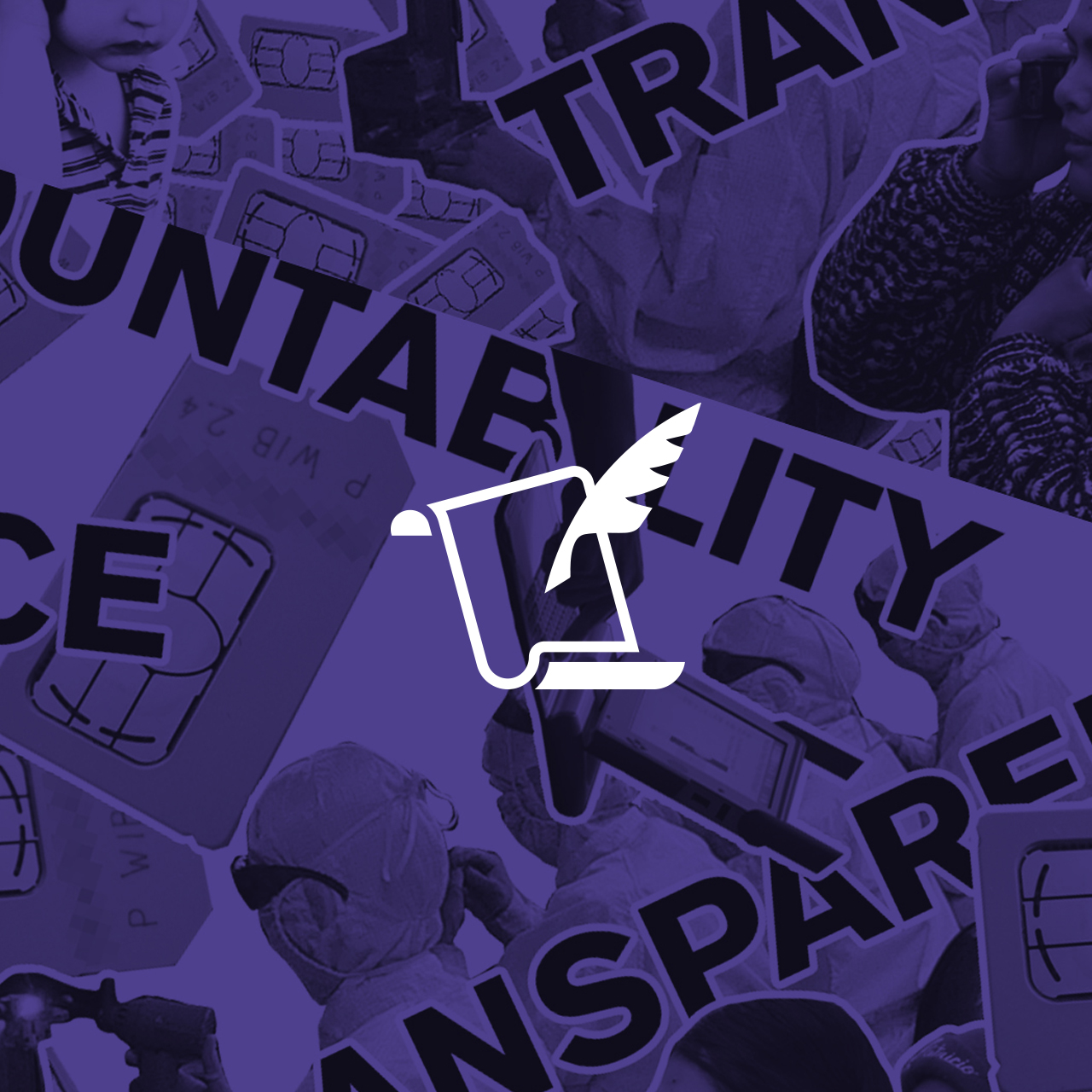Brussels, BE — Today, the Italian Ministry of Economic Development will decide whether to revoke the currently suspended export licence to Area, a company under review for supply of surveillance technologies to Syrian intelligence. Access Now and a coalition of NGOs, led by the Italian Coalition for Civil Liberties and Rights (CILD), encourages the advisory committee to revoke the licence and make clear that selling surveillance to repressive regimes will not be tolerated.
“Several Italian and European companies produce such surveillance software, and some violate established laws by selling to repressive regimes. Almost weekly, we hear new stories about governments using these technologies to monitor dissidents, journalists, and lawyers. We need to enforce the law and provide more transparency. The Ministry can take an important step by revoking the licence and making more information available,” says Antonella Napolitano, Italian Coalition for Civil Liberties and Rights.
Area’s licence is currently under suspension after a review by the Ministry. Last January, CILD, Privacy International, and Hermes Center, wrote to the Ministry asking for clarification and action after an announcement that Area would be authorized to sell network monitoring technology to the Technical Research Department (TRD) — an obscure Egyptian intelligence agency. A response by the Ministry on 23 January 2017 promised that following a review process “authorization has been suspended and will be revoked at the next meeting of the Advisory Committee.”
Additional Background:
The UN Human Rights Committee has raised surveillance technology exports as an area of concern for Italy’s compliance with its international obligations. Last March, during the review of Italy’s obligations under the International Covenant on Civil and Political Rights (ICCPR), the Human Rights Committee expressed its concerns about “allegations that companies in the State of the investigation provided online surveillance equipment to foreign governments who have committed serious violations of human rights,” and recommended that the Italian authorities “take measures to ensure that all companies within their jurisdiction, in particular those producing technology, respect human rights standards in their activities abroad.”
Additionally, the European Union is currently revising its export controls regulation in order to anchor stronger human rights standards in the process. According to the UN Guiding Principles for Business and Human Rights (UNGPs), states bear the responsibility to protect against business-related human rights harms, and to ensure through legislation, regulation, and the courts that companies operate with respect to international human rights standards.
“Italy is the prime example of how the existing EU framework fails to protect activists, human rights defenders, journalists, and regular users from the detrimental impact of cyber-surveillance technology,” said Lucie Krahulcova, EU Policy Associate at Access Now. “The Commission must take action to ensure that EU member states fulfill their human rights obligations.”
